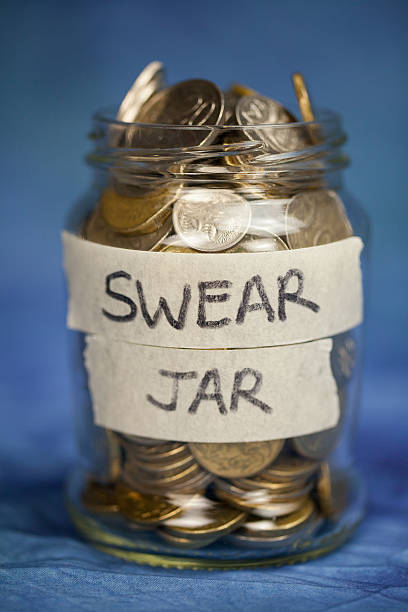Children swear for many reasons: to experiment with language, to attract attention, to make themselves appear bigger or older than they are, and even as a challenge or expression of personal power.
Swearing is only a form of language, but a socially unacceptable one.
A parent or a carer accepts the fact that children will hear many forms of unacceptable language and they need to understand its use and purpose. Like any other form of language, children need to learn that there are times and places when its use is unacceptable or causes distress to others.
Most importantly, children need to understand it is never acceptable to swear at you.
Some ideas:
- Avoid over-reacting when children swear. However, make the message clear that you are unimpressed with swearing and you are willing to leave them alone when they swear. Consider withdrawing your cooperation temporarily if they swear at you. Or putting into place a consequence if they swear at you, such as a period without their technology, or removal of a privilege.
- Discuss the concept of appropriate language with older children. Teach them that language may be appropriate in one context or accepted by one group but it is not acceptable in every situation. While not condoning swearing, get across to children that they need to learn to control their use of language and adjust it to suit the situation they are in.
- Children, like adults, can use inappropriate language out of habit. If this is the case make up alternative words that replace swearing. One family had replaced certain words with flavours of ice cream. There was a flavour for every situation.
- Try the penalty system. When a family member swears, they are fined an agreed amount which is placed into a money-box. At the end of the week or month, the money can be given to a charity or spent in a way that benefits others. Of course, parents should join in this as well.
- Examine your own choice of language and judge if it is an acceptable example to your children.

